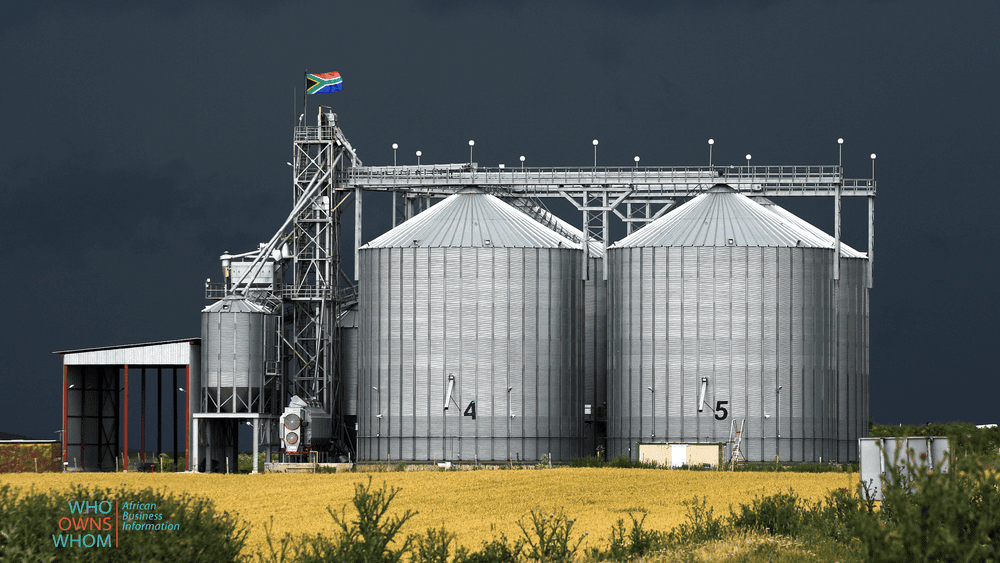Nigeria Snapshot
Nigeria is the most populated country in Africa with a population of over 200 million and the largest GDP on the continent of US$448bn. In 2019, the IMF forecast growth of 2.5% in 2020, but GDP declined by 1.8% due to the pandemic, and is expected to grow by 1.5% in 2021 and 2.5% in 2022 based on an expected recovery in crude oil prices and production.
Nigeria is the leading gas producer in West Africa with proved natural gas resources of 193.35 trillion cubic feet (tcf). Nigeria has 99% of total proved resources in West Africa. The combined production capacity of liquefied natural gas (LNG) plants in West Africa in 2018 was 24.4 million tons per annum (Mtpa), of which 21.9Mtpa was in Nigeria. The sector is dominated by international oil companies that include Royal Dutch Shell, Total from France, BP from the UK, and Oryx Energies from Switzerland. Nigeria also contains unexploited deposits of copper, diamonds, ilmenite, lithium, manganese, nickel, phosphate rock, rutile, salt, silver, tungsten and uranium, while barite, clay, coal, columbite-tantalite, gold, gypsum, iron ore, kaolin, lead, limestone, tin, zinc and zircon are produced. The priority minerals listed by the Ministry of Mines and Steel Development for focused development are barite, bitumen, coal, gold, iron ore, lead/zinc and limestone.
Analysts believe that the absence of, or limited, geological data, the lack of geological standards, insufficient infrastructure, policy uncertainty, regulatory conflicts and corruption undermines the country’s ability to exploit these resources.
This hostile investment environment has led to the exit of their Nigerian investments by South African retailers Shoprite and Woolworths, food manufacturer Tiger Brands, logistics group Imperial and construction company WBHO.
Local media Business Day and Punch Nigeria, citing international studies, claim that the middle class has shrunk, partly as a result of emigration. IntelServe, a Canadian consulting firm researching poverty in Nigeria, highlighted a lack of saving and inadequate government expenditure on education and healthcare, as major challenges for upwards mobility in Nigeria. The Economist said the government is unlikely to drive meaningful trade and business policy reforms in the short term.
Nigeria has a relatively low ratio of state debt to GDP of 25%, and stimulus measures outlined in its Economic Sustainability Plan and the Finance Act of 2020 could boost non-oil revenues. Improved revenues can narrow the fiscal deficit to 4.6% and the current account deficit to 2.3% of GDP in 2021 as global economic conditions improve and the re-opening of borders will increase access to inputs, easing pressure on domestic prices and inflation, projected at 11.4% in 2021. Unemployment is estimated at 27% and with poverty levels of 40% and growing inequality remains a major challenge in Nigeria as it does for the world.
Contact us to access WOW's quality research on African industries and business
Contact UsRelated Articles
Blog Public administration and defence compulsory social security
South Africa’s defence capability, performance, partners and rising global risks
Contents [hide] The Russia-Ukraine war is demonstrating how agile, technology-driven warfare dominated by drones, missiles and precision systems is starting to undermine traditional on-the-ground troops and heavy equipment. South Africa’s...
Blog Manufacturing
The power of the mill: Food security and the evolution of South Africa’s grain sector
Contents [hide] Flour and grain mill products are central to food security and the backbone of the agro-processing ecosystem. Grains are a critical input for baking, brewing, animal feed, and...
BlogCountries South Africa
Digital disruptors and bold innovators are reshaping South Africa’s banking sector
Contents [hide] The banking industry in South Africa has always had an excellent reputation, both locally and internationally, with a total asset base of approximately R8.2tn, which is larger than...





